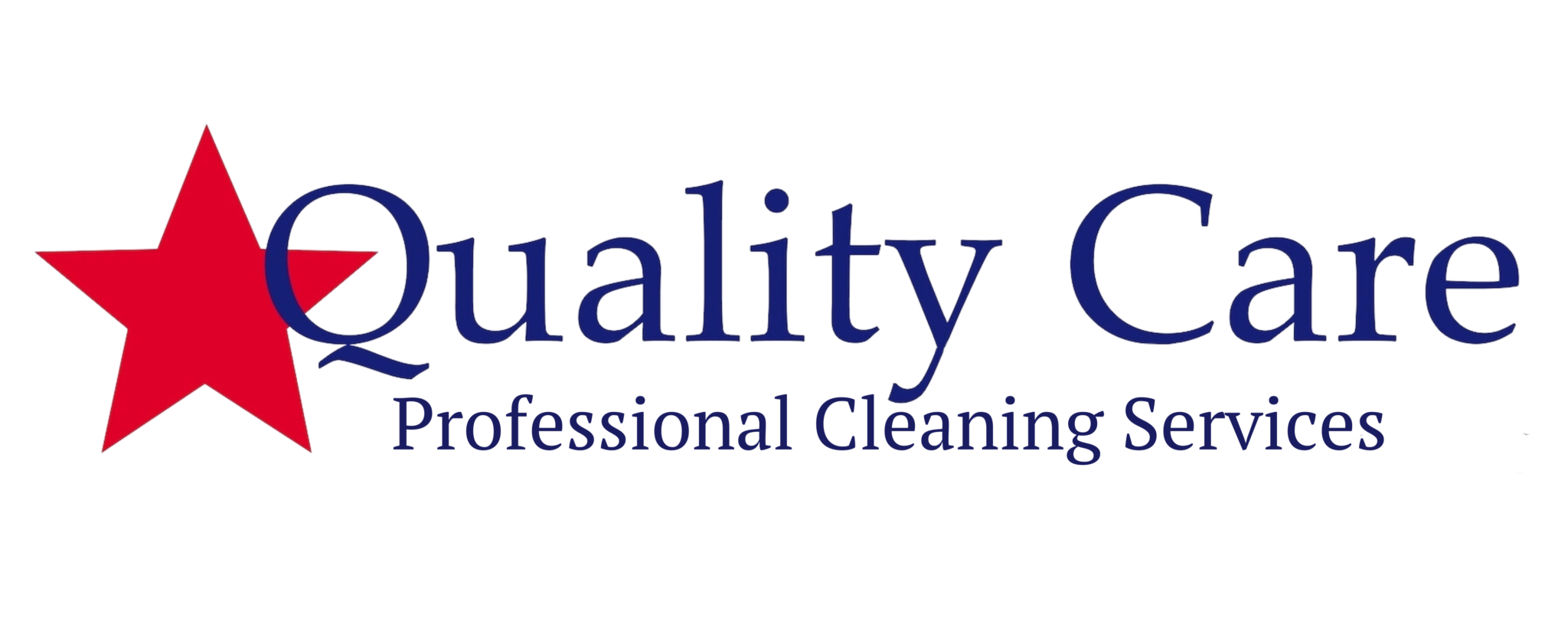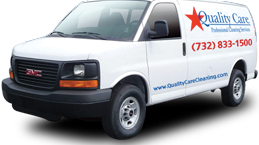Written by Business.NJ.gov Team
Updated over a week ago
If any business is violating these guidelines, please report it at covid19.nj.gov/violation.
Requirements for All Businesses Continuing to Operate
Owners of buildings used for commercial, industrial, or other enterprises, and of residential buildings with at least 50 units, must implement the following policies at minimum:
- Clean and disinfect high-touch areas routinely in accordance with CDC guidelines, particularly in spaces accessible to staff, customers, tenants, or other individuals, particularly following a known or potential exposure;
- Maintain current cleaning procedures in all other areas of the facility;
- Ensure that the facility has a sufficient number of workers to perform the above protocols effectively.
Additional Requirements for Bars and Restaurants
Restaurants, cafeterias, food courts, bars, etc., that are still permitted to operate must adopt the following policies:
- Limit occupancy to 10% of stated maximum capacity;
- Ensure 6 feet of distance between workers and customers except at the moment of payment or exchange of goods;
- Arrange for contactless pay options, pickup, or delivery wherever possible;
- Provide hand sanitizer and wipes to staff and customers;
- Frequently sanitize high-touch areas like credit card machines, keypads, and counters;
- Require infection control practices such as regular hand washing, coughing and sneezing etiquette, and proper tissue usage;
- Place conspicuous signage at entrances and throughout the food business alerting staff and customers to the required 6 feet of distance;
- Require workers and customers to wear cloth face coverings, and require workers to wear gloves. A business must provide, at its own expense, these face coverings and gloves for employees. Customers may be exempted if it would inhibit their health, or if under two years of age. If a customer refuses, they must be denied entry, but another method of pickup should be provided.
Additional Requirements for Transportation Carriers
- Transportation carriers must cut capacity on all trains, buses, light rail vehicles, and paratransit vehicles to 50% of their maximum, effective Monday, April 13, 2020, at 8:00 p.m.
- Require infection control practices such as regular hand washing, coughing and sneezing etiquette, and proper tissue usage;
- Arrange for contactless pay options wherever possible;
- Arrange for back door entry on buses wherever feasible, and take seats out of service near the bus operator to allow for proper social distancing from the bus operator;
- Place conspicuous signage throughout buses, light rail and Access Link vehicles alerting workers and customers to the required 6 feet of distance;
- Transportation carriers must provide their workers with face coverings and gloves, effective
- Require workers and customers to wear cloth face coverings, and require workers to wear gloves. A carrier must provide, at its own expense, these face coverings and gloves for employees. Customers may be exempted if it would inhibit their health, or if under two years of age. If a customer refuses, they must be denied entry, unless the business is providing medication, medical supplies, or food, in which case another method of pickup should be provided.
Additional Requirements For Essential Retail AND Manufacturing, Warehousing, and Essential Construction
All businesses of these types must adopt the following policies:
- Immediately separate and send home workers who appear to have COVID-19 symptoms;
- Promptly notify workers of any known exposure to COVID-19, subject to confidentiality requirements in the Americans with Disabilities Act (ADA);
- Clean and disinfect the worksite in accordance with CDC guidelines when a worker has been diagnosed with COVID-19;
- Continue to follow all guidelines and directives issued by the New Jersey Department of Health (NJDOH), the CDC, and the Occupational Health and Safety Administration (OSHA) for maintaining a clean, safe and healthy work environment.
Additional Requirements for Manufacturing, Warehousing, and Essential Construction
Businesses that are still permitted to operate must adopt the following policies:
- Prohibit non-essential visitors from the worksite;
- Limit all worksite meetings and groups to fewer than 10 people;
- Require everyone to maintain 6 feet of social distancing wherever possible;
- Stagger start and stop times to limit the number of people entering and leaving at the same time;
- Stagger lunch breaks and work times to minimize the number of people on site while safely continuing operations;
- Restrict the number of individuals who can access common areas such as restrooms and breakrooms at the same time;
- Require workers and visitors to wear cloth face coverings, and require workers to wear gloves. A business must provide, at its own expense, these face coverings and gloves for employees. A workers or visitor may be exempted if it would inhibit their health. If a visitor refuses for a non-medical reason, they must be denied entry.
- Require infection control practices such as regular hand washing, coughing and sneezing etiquette, and proper tissue usage;
- Limit sharing of tools, equipment, and machinery;
- Provide hand sanitizer and wipes to workers and visitors;
- Require frequent sanitization of high-touch areas like restrooms, breakrooms, equipment, and machinery.
Additional Requirements for Essential Retail
Essential retail businesses that are still permitted to operate must adopt the following policies:
- Limit occupancy to 50% of maximum store capacity at one time;
- Establish hours of operation specifically for the exclusive use of high-risk individuals;
- Install a physical barrier, such as a shield guard, between customers and cashiers/baggers where possible and anywhere you cannot maintain 6 feet of distance;
- Require regular hand washing, coughing and sneezing etiquette, and proper tissue usage and disposal;
- Provide employees break time for regular hand washing;
- Arrange for contactless pay options, pickup, or delivery of goods wherever possible;
- Provide hand sanitizer and wipes to staff and customers;
- Frequently sanitize high-touch areas like restrooms, credit card machines, keypads, counters and shopping carts;
- Require infection control practices such as regular hand washing, coughing and sneezing etiquette, and proper tissue usage;
- Place conspicuous signage at entrances and throughout the store alerting staff and customers to the required 6 feet of distance;
- Demarcate 6 feet of spacing in check-out lines to demonstrate appropriate social distancing;
- Require workers and customers to wear cloth face coverings, and require workers to wear gloves. A business must provide, at its own expense, these face coverings and gloves for employees. Customers may be exempted if it would inhibit their health, or if under two years of age. If a customer refuses, they must be denied entry, unless the business is providing medication, medical supplies, or food, in which case another method of pickup should be provided.
Updated: April 13, 2020
Source: Executive Order Nos. 122 and 125, NJDOH Social Distancing Guidance for Essential Retail Businesses


